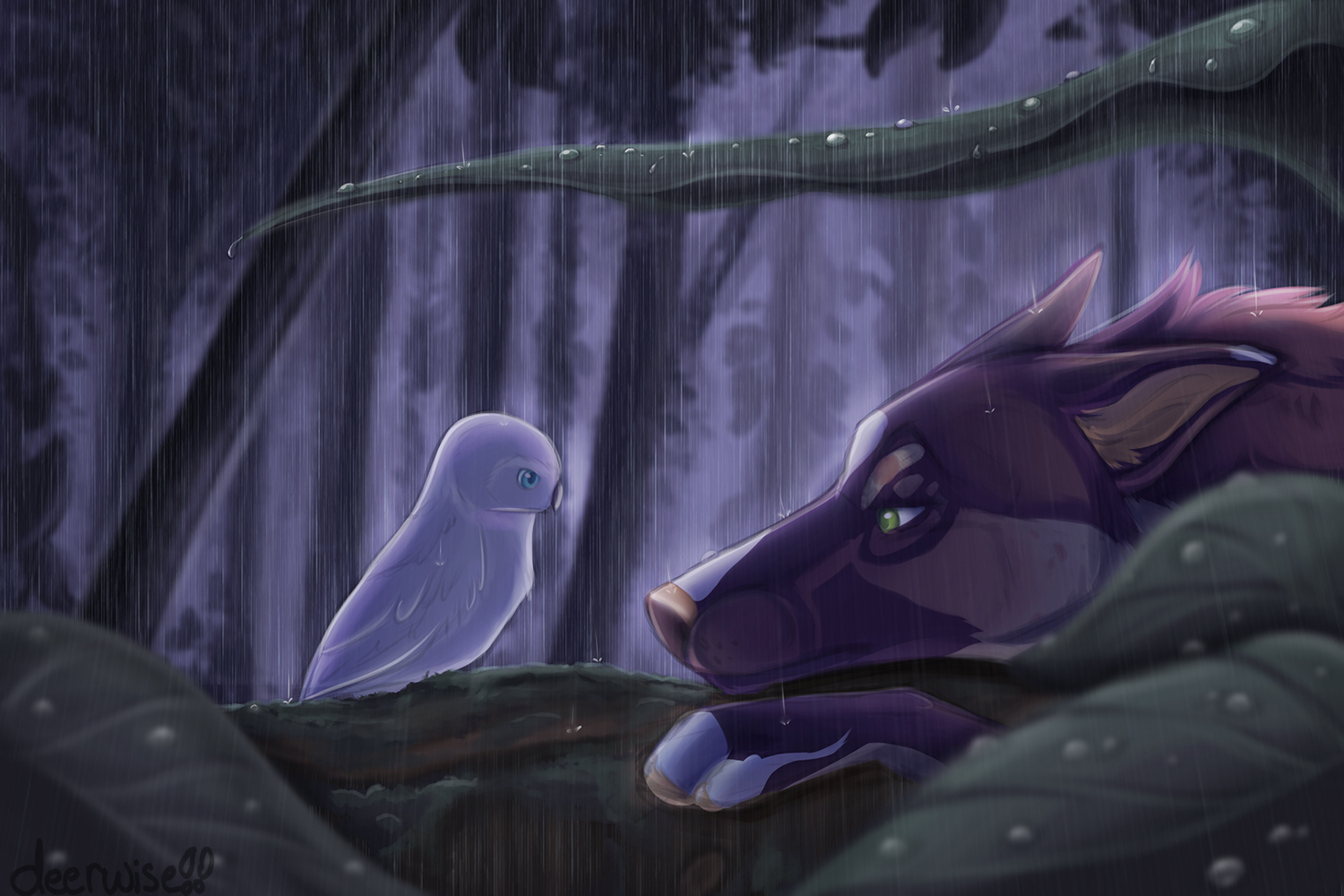Omega ♀ Age: 10
Dominance: 0



| Chatbox |
| Quests |
| Alliance Battles |
| Challenges |
 | Death Adder : -3 |
 | Rattlesnake : +1 |
 | Crocodile : 0 |

| Den Of | Luniara |
| |||||||||||||||
|
| Pack Happiness | 0 |
| ||
shay ʚ♡ɞ twenty-four ʚ♡ɞ canadian ʚ♡ɞ artist i think of you as many times as there are stars in the sky, so ethereal, you never leave my mind.  character is my own. do not steal. |
| ||
| ||||||||||||||||||||||||||||||||||||||||||||||||||||||||||||||||||||||||||||||||||||||||||||||||||||||||||||||||||||||||||||||||||||||||||||||||||
|
| ||
|
| ||||
|
| ||
| ||||||||||
|
| ||
| ||
|
| ||
Earn Runestones in explore. The more you collect, the more prizes you can buy! |